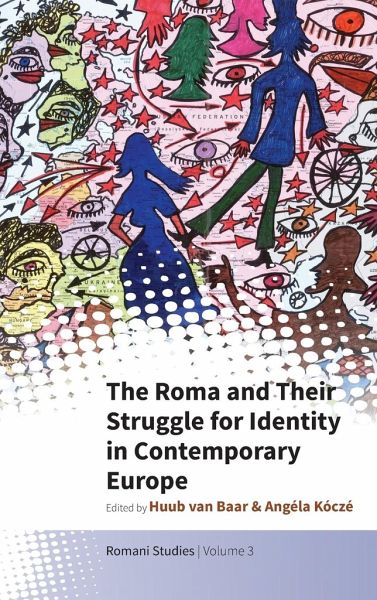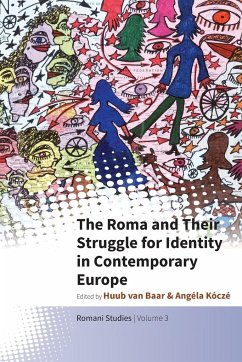
The Roma and Their Struggle for Identity in Contemporary Europe

PAYBACK Punkte
66 °P sammeln!
Thirty years after the collapse of Communism, and at a time of increasing anti-migrant and anti-Roma sentiment, this book analyses how Roma identity is expressed in contemporary Europe. From backgrounds ranging from political theory, postcolonial, cultural and gender studies to art history, feminist critique and anthropology, the contributors reflect on the extent to which a politics of identity regarding historically disadvantaged, racialized minorities such as the Roma can still be legitimately articulated.













